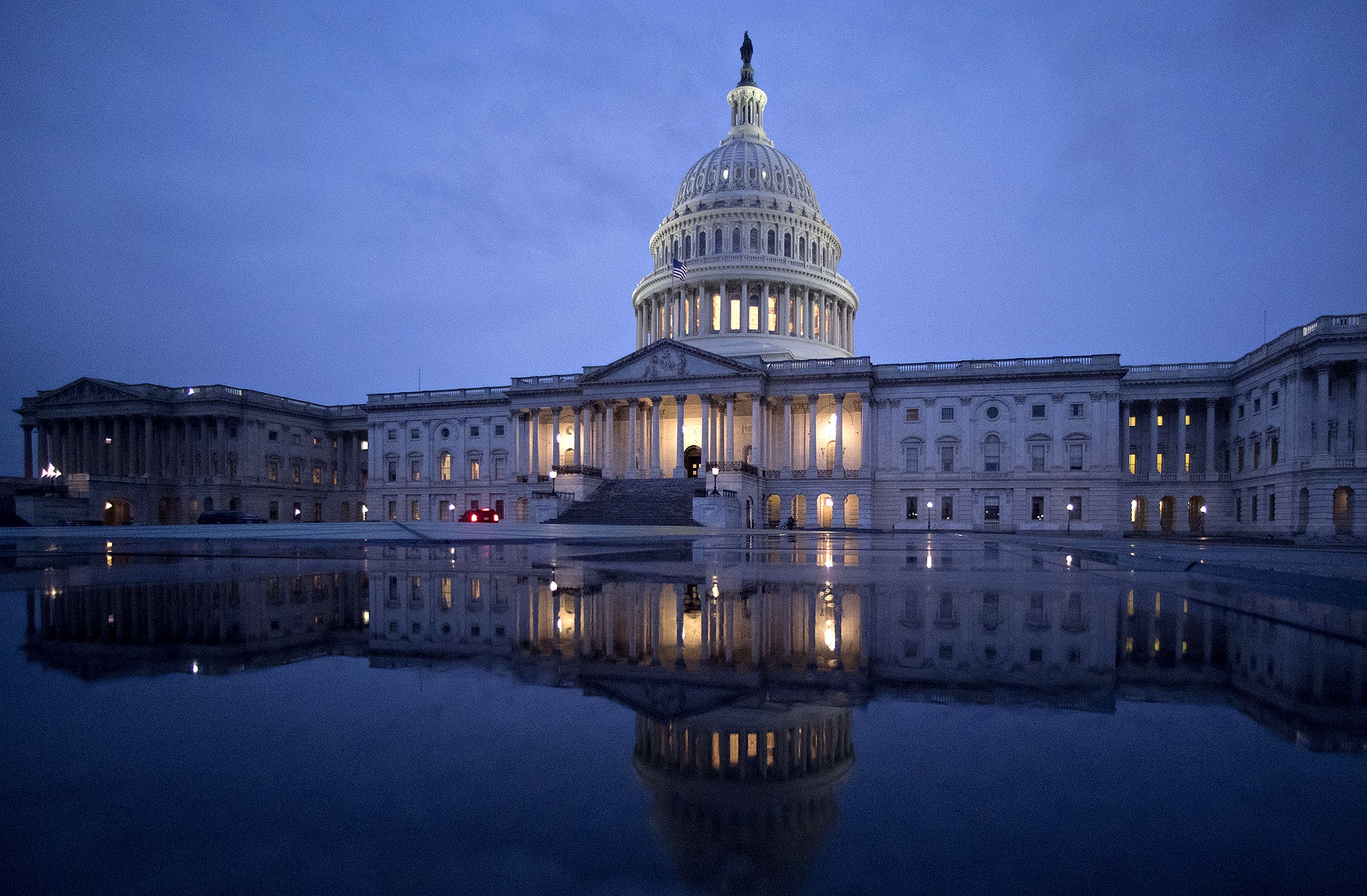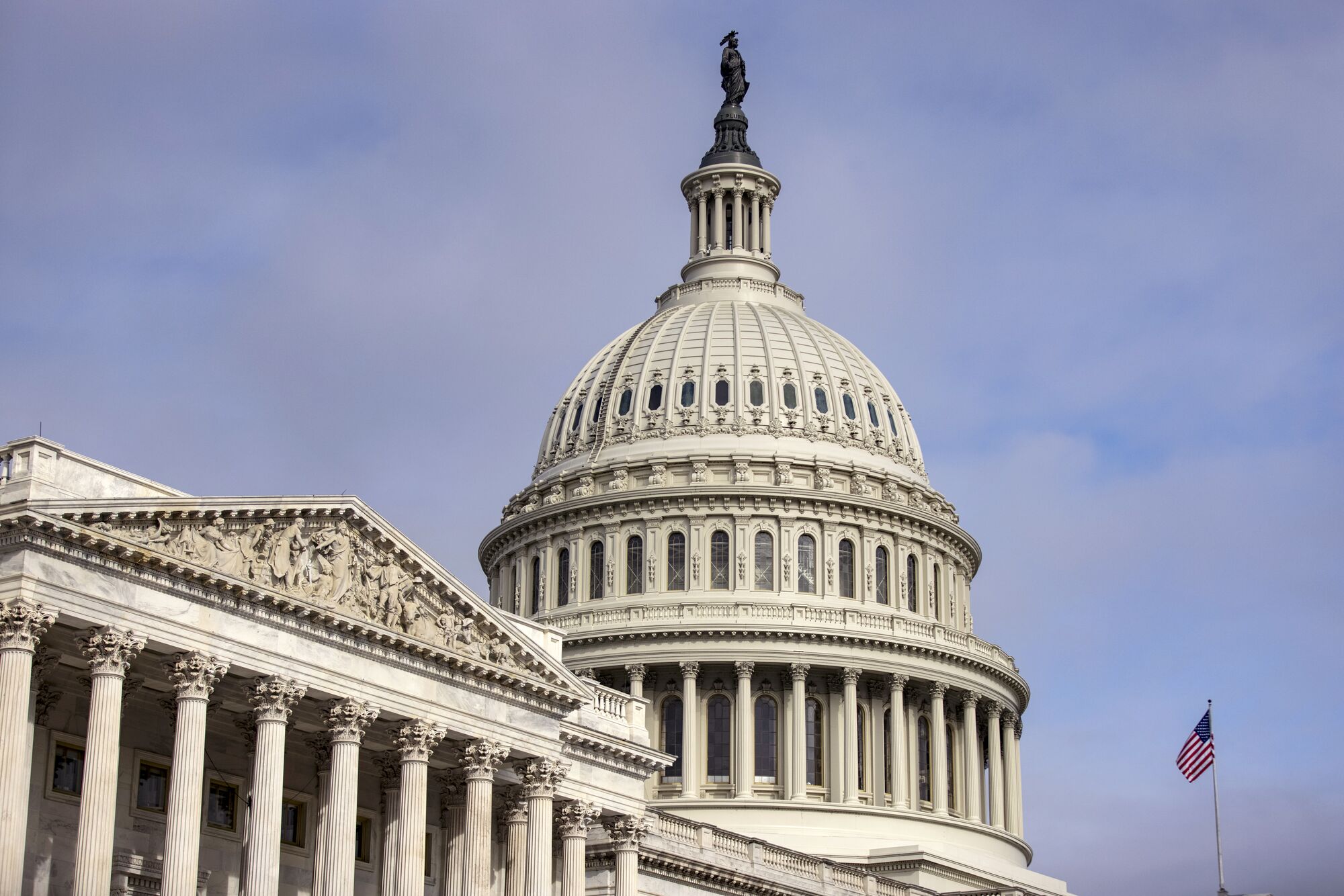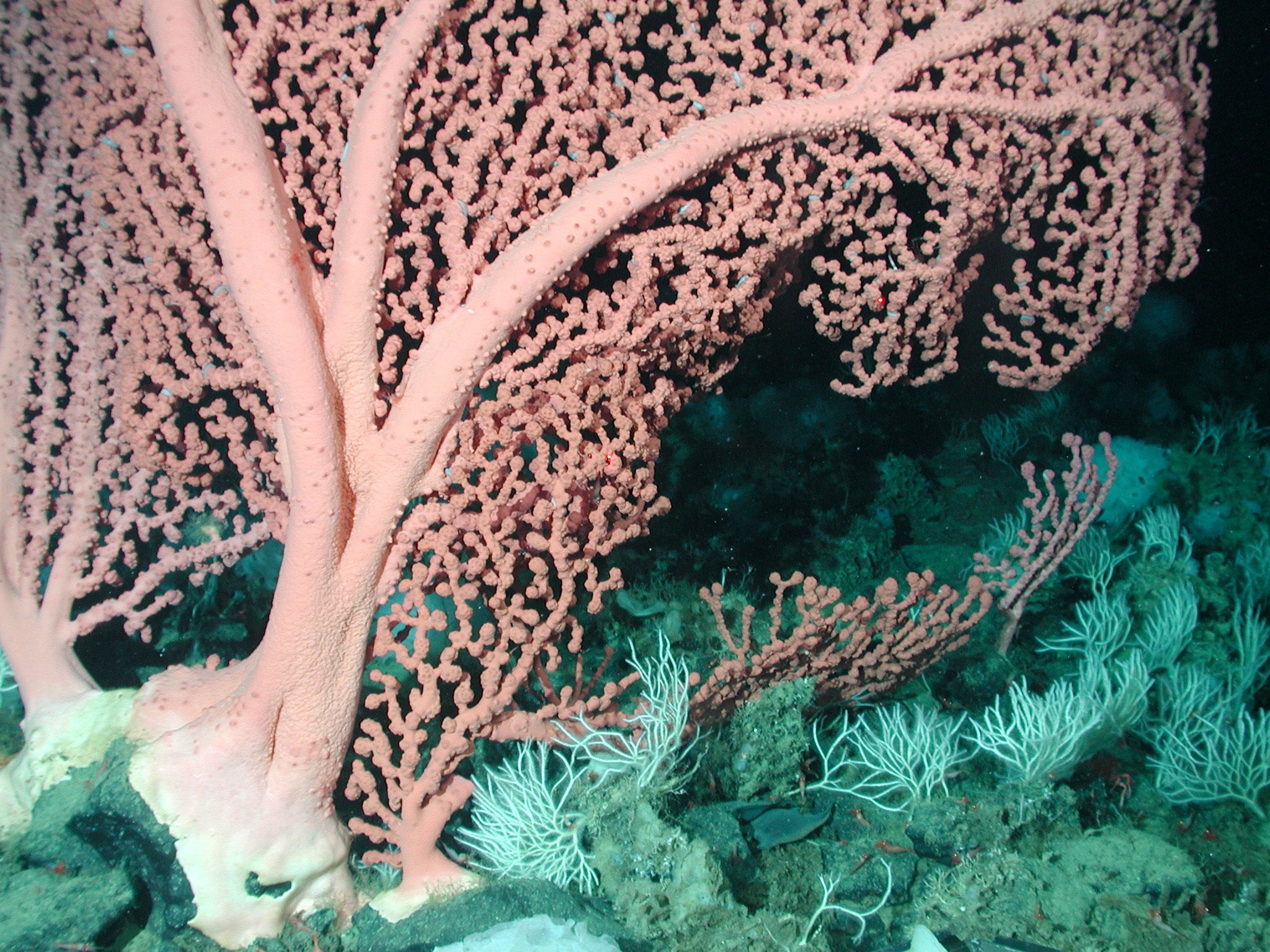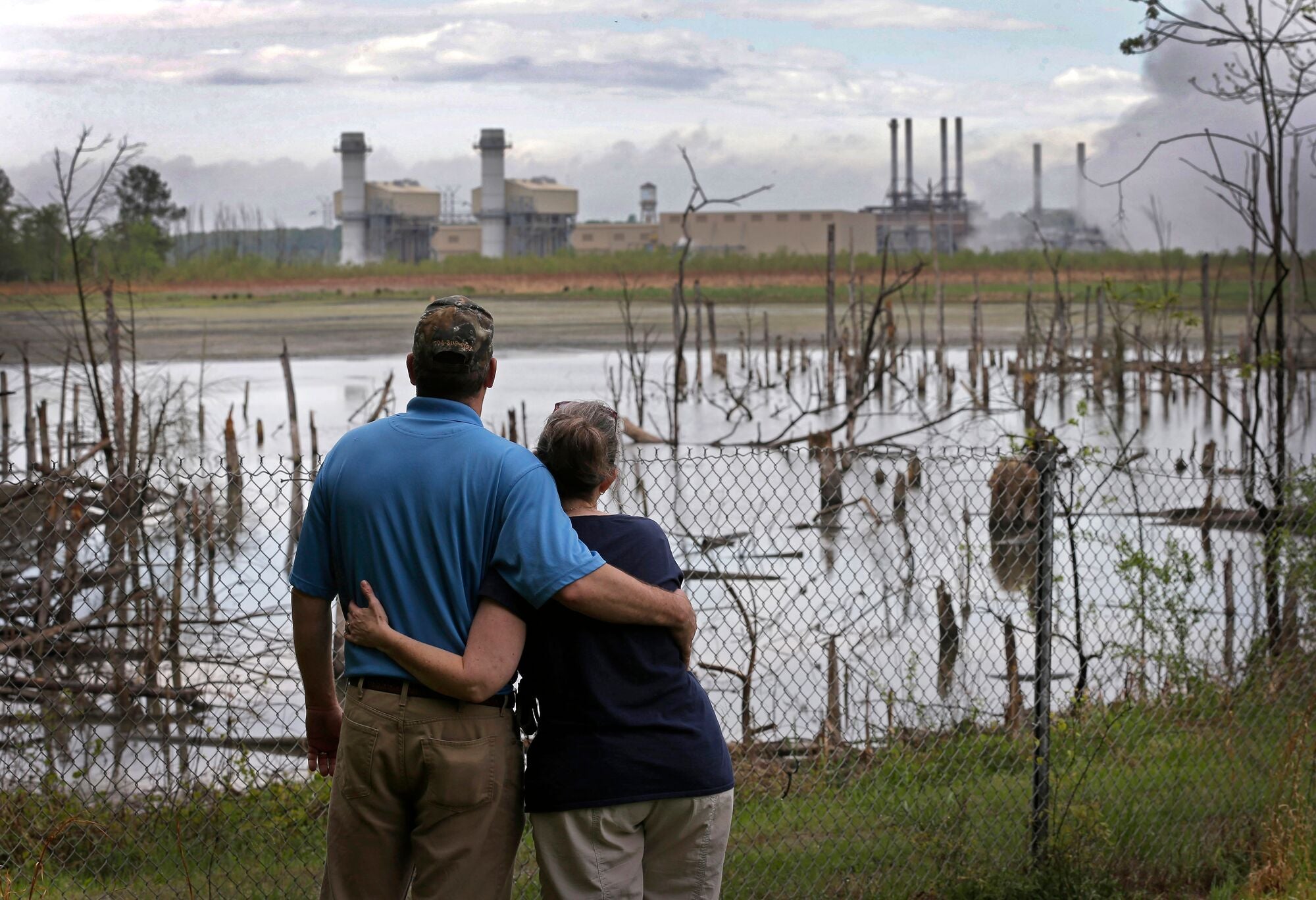Tell Congress to fight for you, not polluters and billionaires
35,225
Supporters spoke up in this action
Delivery to U.S. Congress
Action ended on July 3, 2025
What Happens Next
Thank you to all who took action. We’re grateful for your support.
On 7/3, House Republicans passed the budget reconciliation bill. The Republican reconciliation bill is a self-inflicted tragedy for our country. It will do enormous harm to millions of people who will lose access to the most basic necessities, including food and healthcare. It will accelerate climate and environmental crisis in the last years we have left to avoid their worst consequences.
Congressional leaders know this bill will have disastrous consequences, and they are abandoning their own best judgment to fall in line with President Trump. This isn’t just a dereliction of duty; it’s an unconscionable betrayal of the American people.
There is no question that this bill could put climate goals out of reach and threaten enormous damage to essential ecosystems and precious places. As bad as this bill is, we still have legal pathways to fight back. We will redouble our work to protect people’s access to clean air and water, stop short-sighted extraction, and compel clean energy transition in all the forums where we litigate the future of energy.
What Was At Stake
Congressional Republicans plan to ram through the worst environmental bill ever considered in Congress to advance President Trump’s agenda.
The list of harmful provisions is expansive. The bill sells out our public lands and oceans, eliminates critical funding programs and tax credits for clean energy, exploits our natural resources, and cuts environmental justice funding. All to pay for handouts to polluting industries and tax breaks for billionaires.
Don’t let Congress vote to devastate our environment, hurt our communities, and increase energy prices. Tell your elected officials to protect our health, our public lands and oceans, and our affordable clean energy future.

Current Action Alerts
Your Actions Matter
Your messages make a difference, even if we have leaders who don't want to listen. Here's why.
You level the playing field.
Elected officials pay attention when they see that we are paying attention. Read more.
They may be hearing from industry lobbyists left and right, but hearing the stories of their constituents — that’s your power.
Our legislators serve at the pleasure of the people who gave them their job — you.
Make sure your elected officials know whose community and whose values they represent. When you contact your elected official, you’re putting a face and a name on an issue.
Whether or not you voted for them, they work for you, for the duration of their term.
Make sure your elected officials know whose community and whose values they represent. (Find your local, state, and federal elected officials.)
Your action is with us in court.
If a federal agency finalizes a harmful action, the record of public comments provides a basis for bringing them into court. Read more.
Throughout each of the public comment periods we alert you to, Earthjustice’s attorneys are researching and writing in-depth, technical comments to submit — detailing how the regulation could and should be stronger to protect the environment, our communities, and our planet.
We need you to join us — your specific experiences, knowledge, and voice are crucial to add to the Administrative Record through the comment periods.
Lawsuits we file that challenge weak or harmful federal regulations rely on what was submitted during the comment period. The court can only look at documents that are in the Administrative Record — including the public comments — to decide if the agency did something improper.
Your actions aid our litigation. Taking action and submitting comments during a comment period is substantively important.
It’s the law.
Federal agencies must pause what they’re doing and ask for — and consider — your comment. Read more.
Many of us may have never heard of the National Environmental Policy Act (NEPA) and the Administrative Procedure Act (APA), but laws like these require our government to ask the public to weigh in before agencies adopt or change regulations.
Regulations essentially describe how federal agencies will carry out laws — including decisions that could undermine science, or weaken safeguards on public health.
Public comments are collected at various points throughout the federal government’s rulemaking process, including when a regulation is proposed and finalized. (Learn about the rulemaking process.) These comments become part of the official, legal public record — the “Administrative Record.”
When the public responds with a huge outpouring of support for environmental protections, these individual messages collectively undercut politicians' attempts to claim otherwise.
What this means is each of us can take a role in shaping the rules our government creates — and ensuring those rules are fair and effective.





